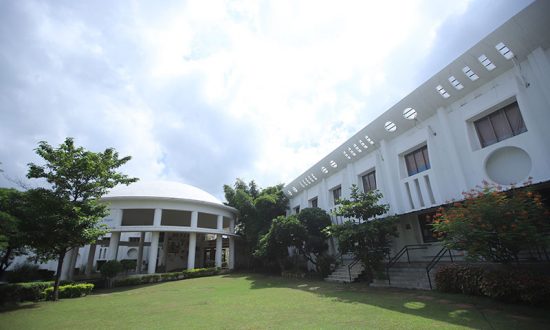The outbreak of COVID-19 brought social and economic life to a standstill. Impacting every sector of the economy, the pandemic outbreak has led to the closure of all educational institutes worldwide. This interference in the education system has reminded the need for transformation in the education sector. A complete revolution in teaching and learning today has been brought about by technology. Each student gets in contact with a world-class education, which is not easy to impart by the traditional white chalk and blackboard method of teaching. This new learning is more interesting, personalized, and enjoyable. COVID-19 has forced teachers and students to continue their educational activities online. “We have organized Massive Open Online Courses (MOOC) for various professionals, teachers, researchers, and students, allowing them to avail high-quality learning through the world wide web”, opines Dr Vivek M Nanoti, Principal, Priyadarshini Institute of Engineering and Technology (PIET).
Located in one of the beautiful cities in Central India, PIET was formerly known as C. V. Raman Institute of Engineering & Technology. Established in 1999 by a visionary and an educationist par excellence Hon’ble Dr Satish Chaturvedi, the campus of PIET is spread over 5 acres of land, providing world-class facilities to its students. With well-equipped laboratories, workshops, and well ventilated modern classrooms and drawing halls, PIET offers 8 major courses in Engineering, namely, Chemical Engineering, Electronics & Comm. Engineering, Computer Science and Engineering, Information Technology, Artificial Intelligence & Data Science, Mechanical Engineering, Electrical Engineering & Biotechnology.
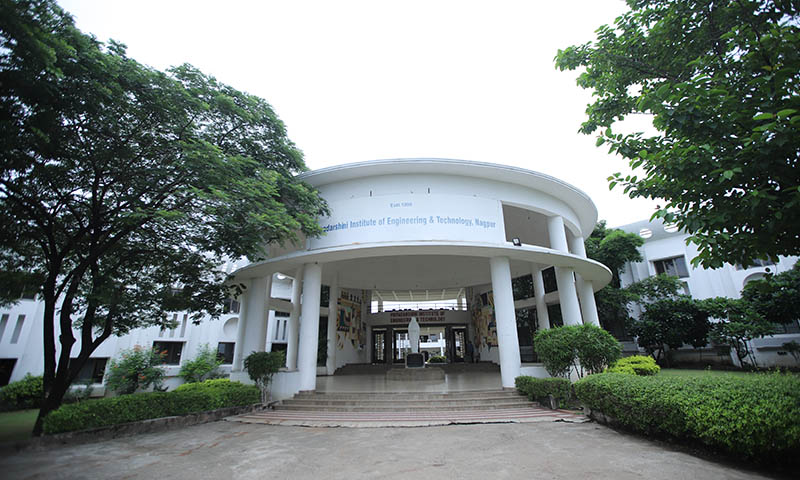
By regularly organizing national, state, and intercollegiate festivals, workshops, and seminars, the institute allows its students to explore their talent and broaden their horizons. PIET also hosts an annual cultural fest, Saptrang, along with NCOAT Nirmiti, a Technical National paper presentation and project competition, and Aspire, state-level paper presentations and project competition, for their students to help them gain confidence in public speaking.
Educating Students beyond the Syllabus
An initiative that aims to develop a knowledge-based approach among students by conveying how knowledge promises enjoyment, employment, empowerment, and enlightenment of learners, the Knowledge Center at PIET comprises inputs from various branches of science, technology, and engineering. The institute also houses a Virtual Labs Nodal Center that includes theory, lab-manual, additional web-resources, video-lectures, and animated demonstrations, all at one place. This can also be used to give lab-demonstrations to large classes effectively.
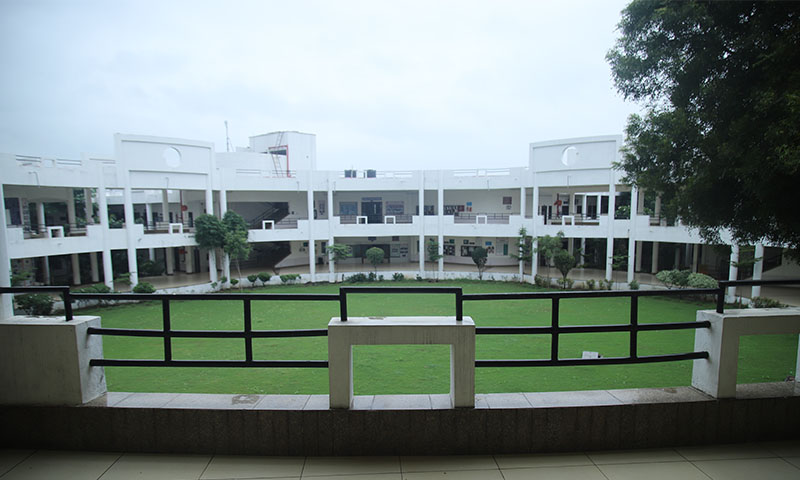
Fostering the entrepreneurial spirit and creativity among the students and even faculties, Incubation Centre, Innovation Club, Entrepreneurship Development Cell, Patent Cell, PhD. Cell, Wisdom corridor, and Nobel Laureate corridors have been hosted by PIET. The English Club of the institute exclusively takes care of the students’ communication skills and helps the students to speak fluently in English. Apart from this, PIET has made a provision for imparting education of Foreign Language to interested students. To instill into the students’ faith in themselves, in their country and their people, and also to take care of their spiritual and emotional health, a dedicated Meditation Centre, Happiness Corridor have been set up in the institute.
Generating engineers who are knowledgeable, disciplined with high moral and ethical values, keeping pace with ever-advancing technology, the institute aims to equip students to strive forth as resourceful citizens making them aware of their responsibilities for the creation of a better world. The institute imparts high-quality technical education and research catering to the human resource pertaining to the needs of industries. PIET envisions to develop quality technocrats for techno-socio-economic human reformation by providing sound knowledge and moral values to the students to face the global challenges.
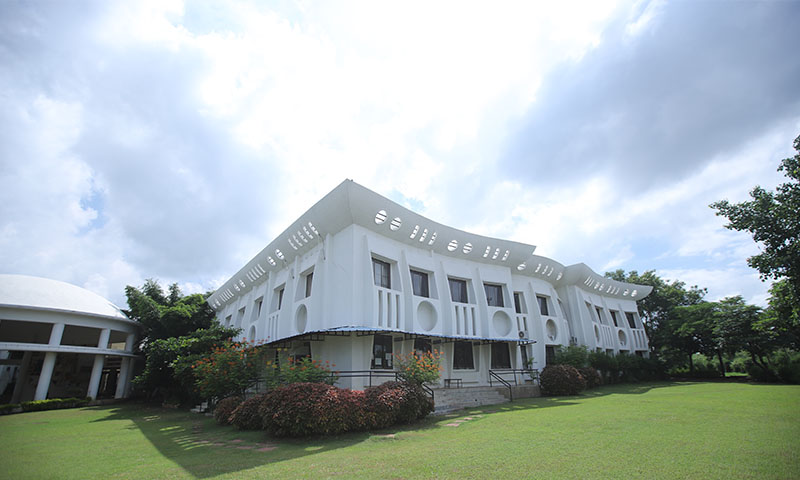
In order to prepare students to work in a globally-collaborative way, PIET is inculcating skills for creativity, communication skills, along with empathy and emotional intelligence. Working on creating content for remote learning for students in all sectors, PIET is redefining the role of an educator to mentor.
Making Strong Connections with the Industry
Bridging the gap between the industry and institute, PIET established its Industry Institute Interaction (III) Cell in 2011. The cell conducts various events for the students, faculty, and industrial personnel as well to help students become market-ready. “III cell hosts and organizes Industrial meets, visits, internships, live Projects, Signing of MOU, Consultancy and R & D projects. Till now 25+ MOU’s have been signed with reputed Industries, Research Organisations & R & D labs,” adds Dr Vivek. Understanding the dream of every student to get placed in a prestigious company, PIET’s Training and Placement Department provides them with all the help and infrastructure by the Management and Principal. With almost 40 companies visiting the college for recruitment, more than 50%of the PIET students have been placed in companies like Infosys, TCS, L & T Infotech, and Tech Mahindra.
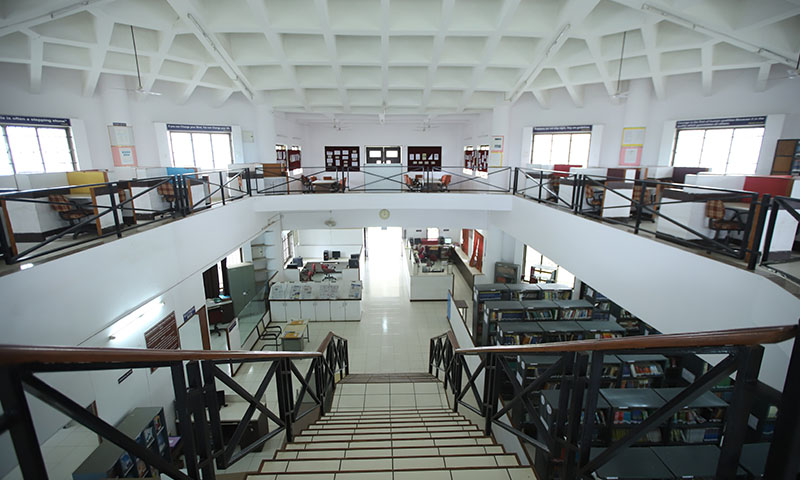
A new opportunity where collaborative teaching and learning can take on new forms, Higher Education Sector is all set to rethink the traditional education system. Post-pandemic times will witness a blend of e-learning and mainstream face-to-face teaching with a boost from conventional universities and the EduTech sector. Dr Vivek concludes, “With the educators redesigning course content to meet the current and future needs, we are encouraging collaborations among teachers and faculty members that would benefit students as well as the teachers”.
About Dr Vivek M Nanoti
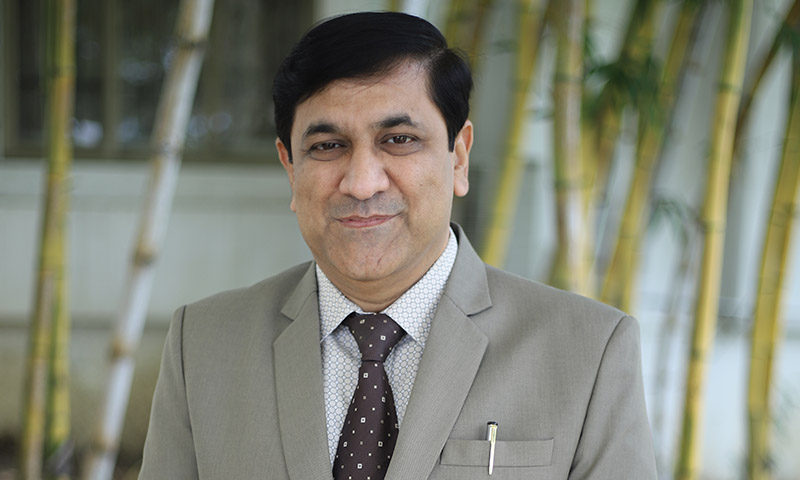
Dr Vivek M Nanoti is a renowned Academician, administrator & management guru. He is presently working as the Principal of Priyadarshini Institute of Engineering and Technology, Nagpur. He is also a Senate member of RTM Nagpur University ( 2018 – 22 ) & Vice Chair, IEEE Nagpur Subsection. He completed his PhD in Physics in 1996 under the sponsorship of Dept of Atomic Energy Commission ( DAE) at BARC Mumbai from Nagpur University. He has 29 years of experience in teaching, research & administration. His area of specialization/research is Materials Science (Nano Magnetic Materials, Soft ferrites, Hexa ferrites). He has published/presented around 140 research papers and guided 12 students for their doctoral research. He received the ‘Most Promising Engineering College Teacher Award’ in 2005, ‘Bharat Jyoti Award’ in 2012 for excellence in Education and Research and National award – Outstanding Academic Leader of 2019.
He is currently heading three international projects on Social Entrepreneurship, Green Economy & Fake News. He was the National Exe. Council Member of ISTE during 2012-14, Secretary cum Treasurer of ISTE Mah-Goa Section during 2003-2005 and 2009-11, and Editor, ISTE Mah-Goa Section News Letter during 2003–2011. He also worked as Editor–in–chief for the International Journal of Knowledge Engineering. He holds memberships of several professional bodies such as ISTE, IEEE, IAPT, ISCA, MRSI, STAMI, VIA, VMA, etc. He has delivered more than 1000 Guest lectures and 100 plus webinars in the last 06 months that was attended by 18,000+ participants from 23 different countries & 30 + cities in India on 42 Different topics to various sectors of society.




